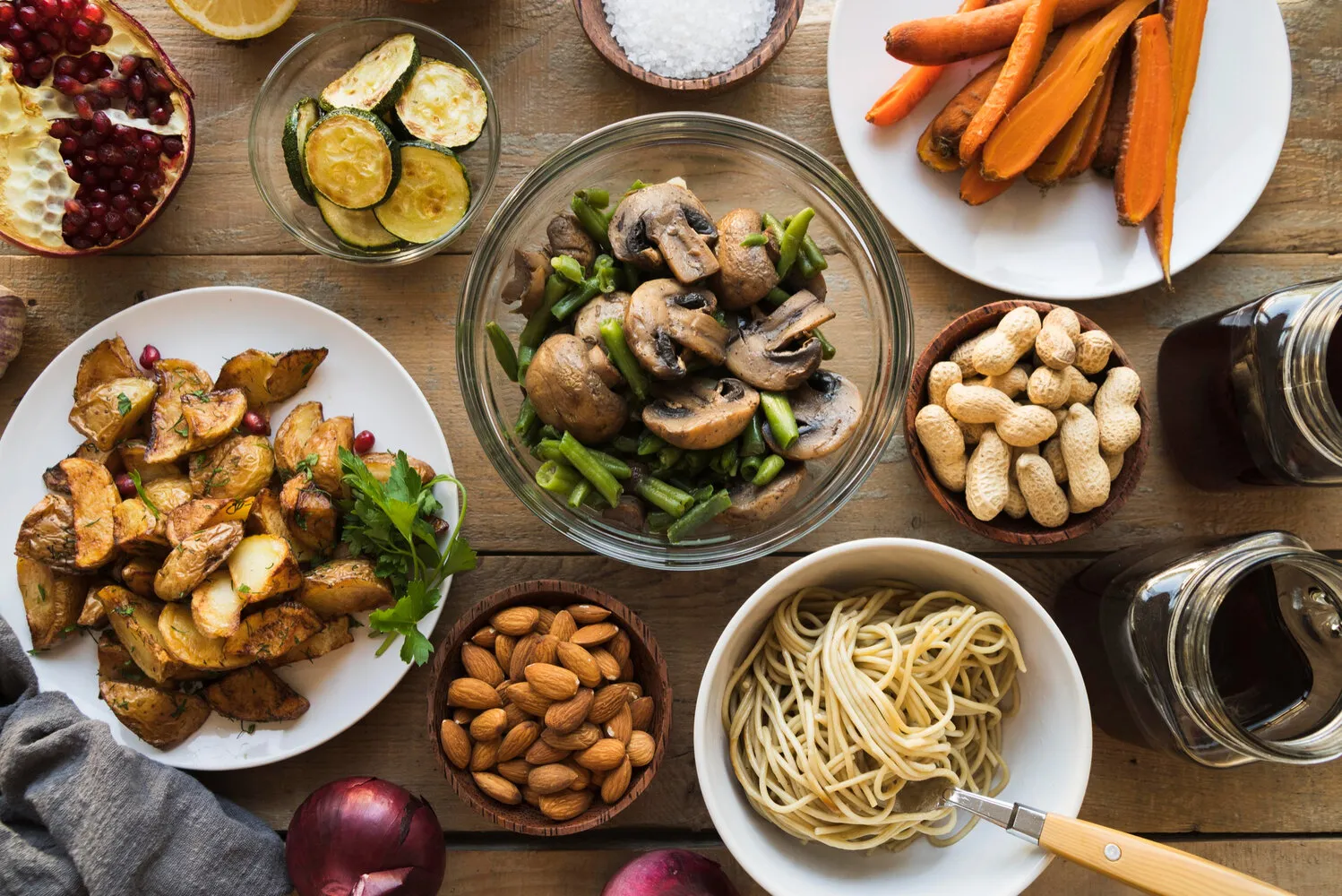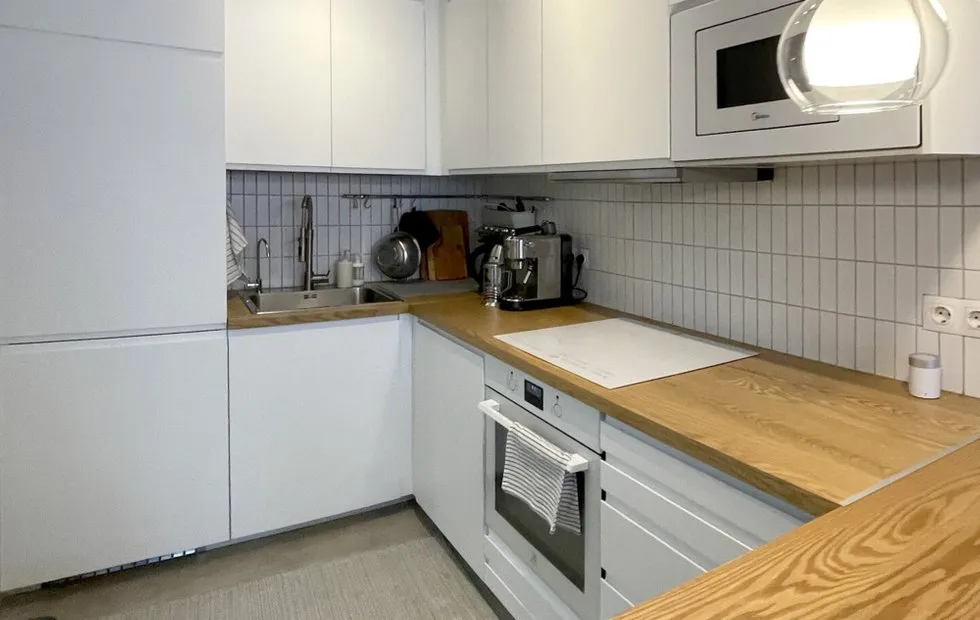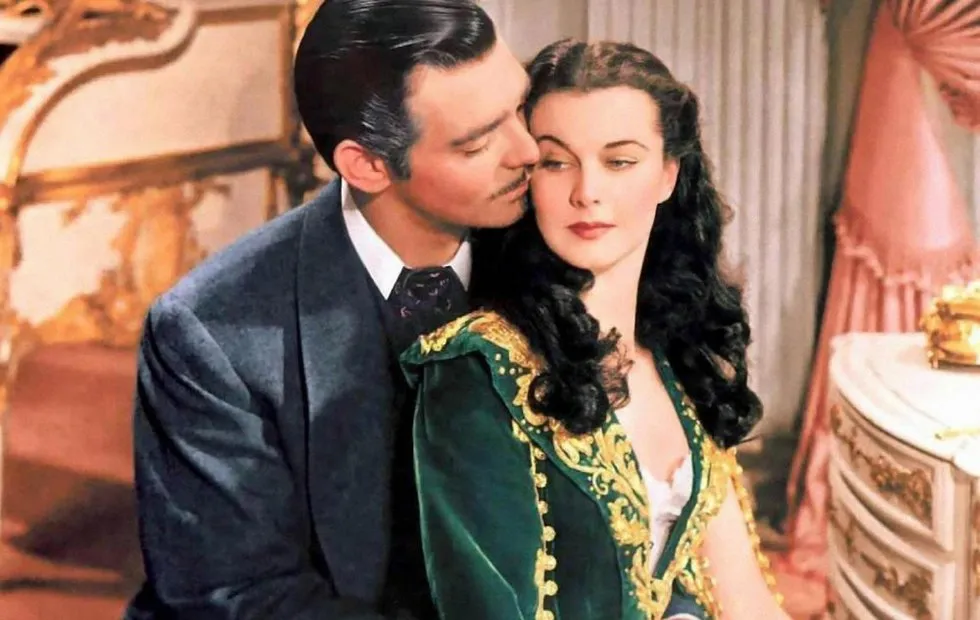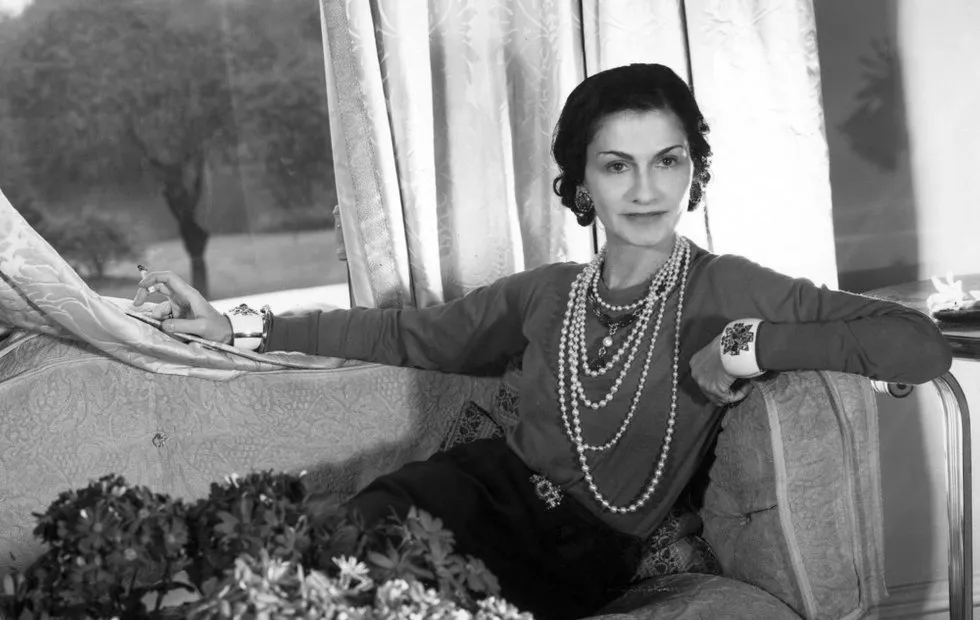7 Signs You're Eating Too Little (And It's Harming Weight Loss)
Remember: the body is not your enemy, it should not be starved
Eating 1200 calories a day, skipping dinner, counting every crumb. You're following diet rules perfectly but the weight won't budge. Worse — sometimes it even increases. Slips happen more often, mood is at zero, no energy at all. Sounds familiar?
The paradox is that often the problem isn't overeating, but undereating. The body perceives strict calorie restriction as a survival threat and switches to energy-saving mode. Metabolism slows down, weight stalls, yet you continue starving in vain. Let's explore the signs that you're eating too little — and how to fix it.
Main takeaways from the article:
- Too low calorie intake slows metabolism and blocks weight loss;
- Constant hunger and obsession with food are signs of undereating;
- Hair loss, brittle nails, and cycle disruptions are linked to calorie deficiency;
- Frequent slips happen because the body demands energy;
- The optimal deficit for weight loss is 15-20% of normal intake, not 50%;
- Important: consult a dietitian before changing your diet.
Weight Stalls and Won't Move
The first two weeks of a diet, weight drops. Two to three kilograms — great, the plan is working. But then the scale stops moving. One week — stays. Two weeks — stays. A month — not a single gram.
Logic tells you: if I'm not losing weight, it means I eat too much. You need to cut calories even more — skip dinner entirely, give up fruits, go for vegetables only. But this is a trap.
When calorie intake drops too low, the body turns on energy-saving mode. It's an evolutionary survival mechanism. The body doesn't know you're dieting — it thinks famine is upon us and starts saving every calorie.
What happens: Basal metabolic rate drops by 20–30%. The body spends less energy on maintaining temperature, digestion, movement. Thyroid produces fewer hormones. Activity decreases — you want to lie down rather than move.
Result: You eat 1200 calories but now burn only 1300 instead of the previous 1800. There's almost no deficit, weight won't drop. This is called 'adaptive thermogenesis' — the body's protective response to starvation.
Always Thinking About Food
Food dominates your thoughts. You wake up thinking about breakfast. At work, you count down the hours until lunch. In the evening, you dream of a sandwich. You browse recipes on social media, watch cooking shows, discuss diets with friends.
This isn't weakness of character or lack of willpower. It's biology. When the body doesn’t get enough energy, the brain activates a food-seeking program — it's survival priority.
Obsession with food is a classic sign of undereating. In fasting experiments (such as the famous 'Minnesota Starvation Experiment'), people began collecting recipes, dreaming of food, talking only about eating.
It's normal to occasionally think about food before meals. It becomes abnormal when thoughts of food constantly plague you, interfere with work, sleep, communication. This is a signal: your body needs more energy.
Constant Fatigue and Cold
No energy at all. Getting up in the morning is a feat. At work, you want to lay your head on the desk. Training? Forget it — you only have energy for the couch. This isn’t laziness — it’s fuel shortage.
Calories are energy for all body processes. When they're low, the body starts saving. First to go is physical activity. NEAT (non-exercise activity thermogenesis) drops: you walk less, move less, gesture less.
Always feeling cold. Hands and feet are icy even in warm rooms. You wear three sweaters but still feel cold. The body lowers core temperature to spend less calories on heating.
This is especially noticeable in women on strict diets. Thermogenesis (heat production) requires energy. When calories are low, the body stops “heating the furnace.” Hence the constant chills.
What to do: if you feel persistent fatigue and cold on a diet — it's a red flag. You need to increase calorie intake. Yes, initially weight might rise slightly (water, glycogen), but then metabolism will recover and weight loss will continue.
Slips and Overeating
You hold it for a week, two, three. You eat strictly by plan, avoid all tasty foods. Then it hits you. You scarf half a cake, a packet of cookies, three sandwiches in one go. Then wine, shame, self-hate. And then strict diet again.
This isn’t lack of willpower. It’s the body's protective reaction to starvation. When the body doesn’t get calories for too long, it activates a mechanism: “eat everything you see while you can.”
Slips are inevitable with too strict restrictions. The stricter the diet, the stronger the slip. After 1000 calories a day, it’s easy to eat 3000 in one go. The body demands its share.
The paradox is that these slips often nullify the entire deficit. Six days at 1200 calories, one day at 3000 — on average it's almost normal intake. Weight doesn’t drop, but suffering was intense.
Healthy approach: moderate deficit (15-20% of normal intake), which can be maintained without slips. Better to eat 1600 calories daily and lose slowly than jump between 1000 and 3000.
 Photo from freepik.com
Photo from freepik.comHair Loss and Brittle Nails
Clumps of hair fall out. They’re left on the comb, pillow, in the shower. Nails split and break with minimal touch. Skin is dry, pale, with rashes.
The body is a smart priority system. When resources are scarce, it directs them to vital organs: heart, brain, lungs. Hair, nails, skin are not critical for survival and get nutrients on a residual basis.
Hair follicles are very sensitive to calorie and protein deficiency. During undereating, hair enters the shedding phase earlier than normal. The result becomes noticeable after 2–3 months of a strict diet.
Nails need protein, biotin, zinc, iron. Calorie deficiency often leads to micronutrient deficiencies too. Nails become brittle, white spots appear, transverse grooves form.
Skin loses elasticity, dryness and flaking appear, premature wrinkles form. Collagen and elastin are synthesized from protein and require energy. No calories — no building materials.
Irregular Menstrual Cycle
Missed periods, irregular cycle, light menstruation or complete absence. This is one of the most serious signs of undereating in women.
Reproductive system is energy-intensive. Ovulation, menstruation and hormone balance require resources. When the body realizes there's not enough energy, it shuts down “unnecessary” functions. Reproduction is not critical for survival and gets turned off first.
Hypothalamic amenorrhea — absence of menstruation due to low calorie intake, stress or excessive training. It's a diagnosis given when other causes are ruled out.
The problem isn’t just the lack of periods. Estrogen levels drop, affecting bones (risk of osteoporosis), mood, libido, skin and hair.
What to do: if your periods have stopped or become irregular on a diet — it's time to reevaluate your intake. Increase calories, add fats (needed for hormone synthesis), reduce training intensity. A gynecologist and endocrinologist consultation is mandatory.
Workouts Aren’t Delivering Results
You go to the gym three or four times a week, but no progress. Weights don’t increase, muscles don’t form, endurance drops. You feel broken after each workout, recovery takes days.
Muscle growth and training progress require energy. A lot of it. Calories fuel muscle fiber recovery, protein synthesis, glycogen replenishment.
With calorie deficit, the body doesn’t build muscle — it’s too busy surviving. Worse, in severe undereating, the body starts breaking down muscles to get amino acids for vital processes.
Result: You train until exhaustion, but your body becomes flabby rather than toned. Body fat percentage might even increase relative to muscle mass. This is called “skinny fat” — thin but flabby.
Right approach: for workouts, you need either a small deficit (10-15%), normal calories, or even surplus (if the goal is muscle gain). Protein should be 1.6–2 grams per kilogram of body weight. Without it, workouts are pointless.
How Much Should You Actually Eat
Fear tactics about 1200 calories as a “universal rule for weight loss” are myths. For most women, it’s too little. Even for those trying to lose weight.
Basal metabolic rate (the calories your body burns at rest) for an average 30–40-year-old woman is 1400–1600 calories. Add in daily activity, work and training. Total burn — 1800–2200 calories a day.
For comfortable weight loss, you need a 15–20% deficit. That’s 1500–1800 calories. At this level, you can lose 0.5-1 kg a week (depending on starting weight) without putting yourself into a metabolic trap.
Minimum below which it’s dangerous is your basal metabolic rate. That's those 1400–1600 calories. Anything below is a health risk: hormonal imbalances, muscle loss, micronutrient deficiencies.
Protein — at least 1.2g per kg of body weight, better 1.6–2. Fats — at least 0.8g per kg, ideally 1. The rest is carbs for energy to fuel life and workouts.
How to Get Out of Undereating
If you recognize yourself in these signs — don’t panic. It’s fixable, but you need to act carefully.
- Don’t increase calorie intake abruptly. Jumping from 1200 to 2000 calories in one day causes bloating, weight spikes, discomfort. The body doesn’t understand and starts storing.
- Add 100–150 calories per week. Gradually return to normal or a small deficit. Yes, initially weight might rise slightly (water, glycogen, gut content). It's normal and temporary.
- Monitor how you feel. Energy improves? Less hair loss? Cycle restores? Cold passes? These are signs of proper calorie intake.
- Don’t fear carbs. They provide energy, mood, brain function, and workouts. Oats, bread, fruits, potatoes — they’re not enemies but fuel sources.
- Consult a dietitian. A specialist will help calculate your individual needs, create a balanced meal plan and avoid mistakes. Don’t hesitate to ask for help — health is priceless.
Weight loss isn't a race to eat less. It's creating a small, comfortable deficit that can be maintained long-term without suffering or slips. The body is not your enemy — it shouldn't be starved. It needs enough fuel to function properly and shed excess fat. Remember: the less you eat, the slower you lose weight. Paradoxical but true.
Cover photo from freepik.com
Need a renovation specialist?
Find verified professionals for any repair or construction job. Post your request and get offers from local experts.
You may also like
More articles:
 Why Smart Home Becomes a Headache: Honest Experience
Why Smart Home Becomes a Headache: Honest Experience Updated Kitchen for 30 Thousand Rubles: Working Life Hacks
Updated Kitchen for 30 Thousand Rubles: Working Life Hacks 10 Trendy Soft Chairs and Office Armchairs: Comfort and Style for Your Interior
10 Trendy Soft Chairs and Office Armchairs: Comfort and Style for Your Interior Four-legged doctors: how dogs and cats heal our psyche
Four-legged doctors: how dogs and cats heal our psyche Gone with the Wind: Scandals and Secrets of the Most Expensive Film of the Era
Gone with the Wind: Scandals and Secrets of the Most Expensive Film of the Era 5 Interior Trends That Are Getting Old
5 Interior Trends That Are Getting Old 5 Habits of Coco Chanel That Kept Her Young
5 Habits of Coco Chanel That Kept Her Young Additional meters in a Khrushchyovka: 7 ways to find storage space
Additional meters in a Khrushchyovka: 7 ways to find storage space